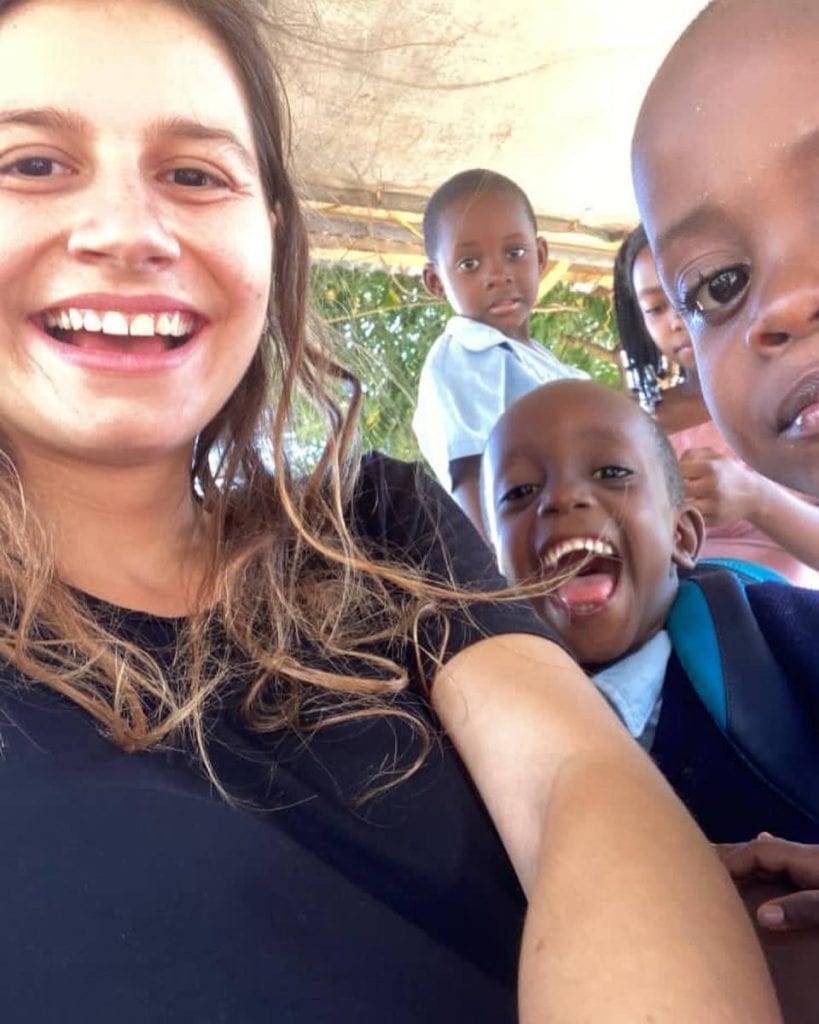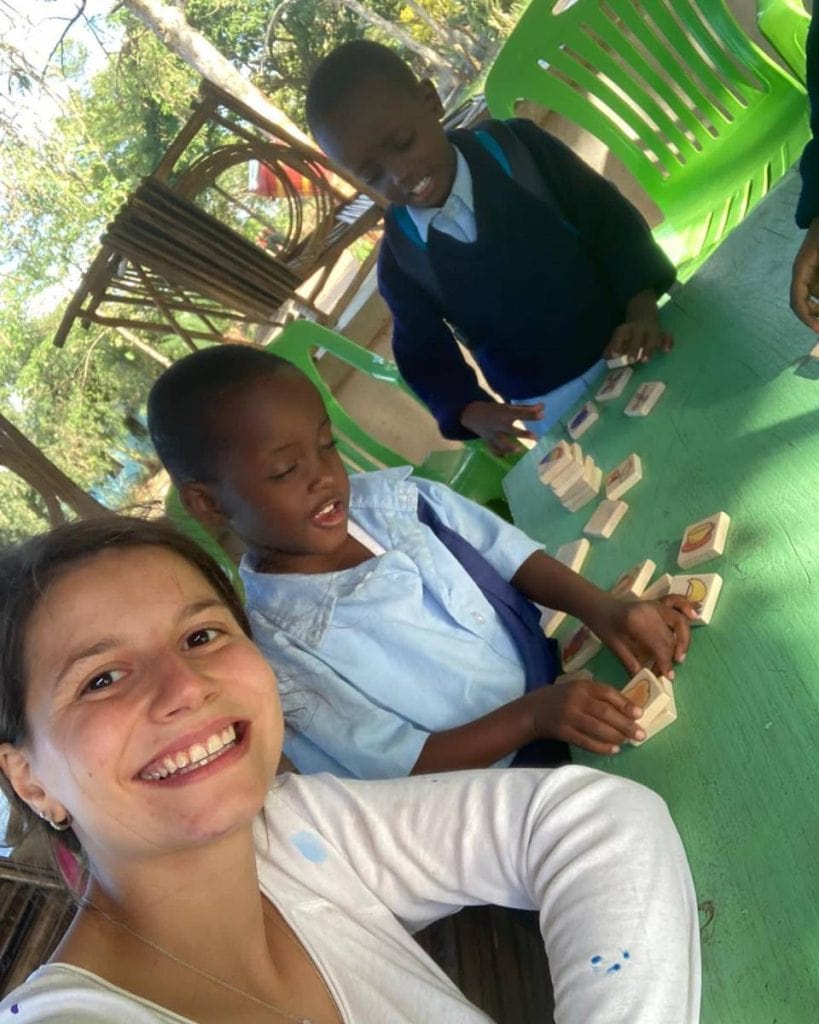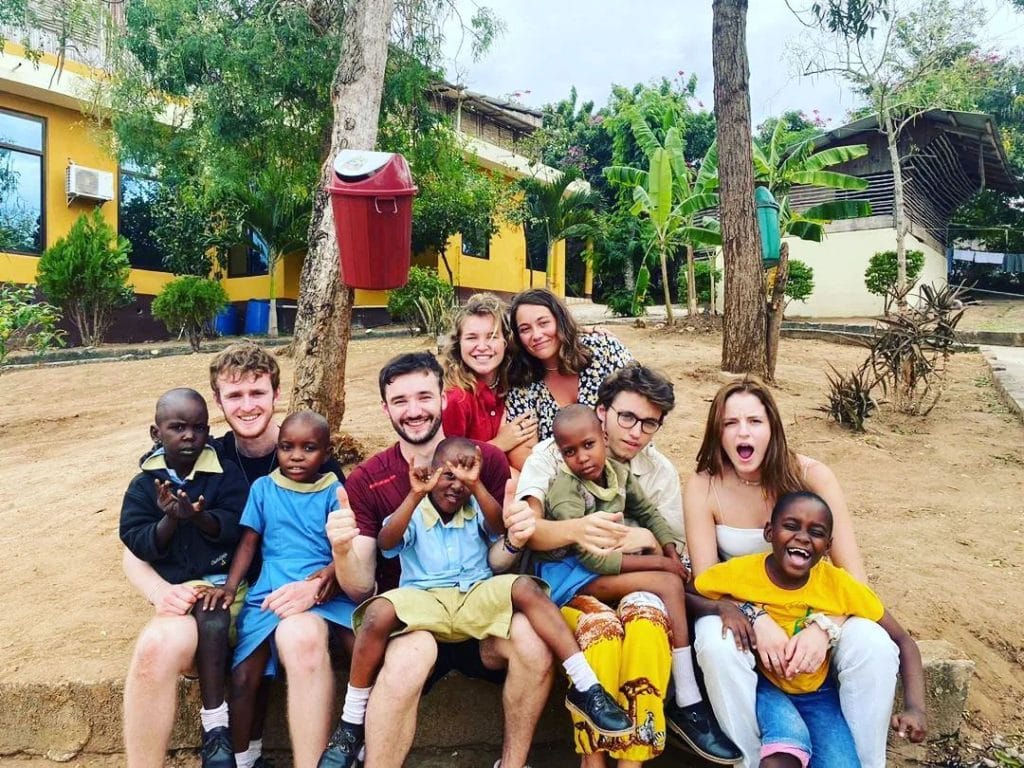By Elisa Burlamequi – Art in Tanzania intern
According to the Convention on the Rights of the Child, the most important document to protect children’s rights nowadays, a child is every human being below the age of eighteen years, unless under the law applicable to the child, majority is attained earlier In its following paragraphs, the Convention lists a set of rights for children: special care and assistance; a caring family environment, the right to life, to a name, education, health care service, and so on.
It’s not necessary to make an effort to realise that these rights are violated daily. Just look around yourself, talk to a neighbour, turn on the television, and you’ll see that childhood is constantly at risk.
On the first day of this month, a government-owned building in Johannesburg, South Africa, occupied by homeless people, collapsed, killing at least 74, including 12 children On the other side of the continent, in Sudan, since the beginning of the conflict, four months ago, at least two million children have been forced out of their homes, according to UNICEF.
Children on the move, fleeing unstable places due to wars and poverty, alone or accompanied, crossing dangerous routes, face increased risks of abuse, sexual exploitation, and slavery. However, in big cities, our children also face risks. Urban violence and sexualization at an increasingly early age have made them anxious, depressive and miniature adults.



Just this month, a video shared on social media displayed a performance by five adults in a Brazilian public school, containing sexually explicit music. It is an example that children are being exposed to pornography and age-inappropriate sexual content earlier and earlier.
In the school environment in 2023, up until now, reported attacks have taken place in Nashville, USA, killing three nine-year-old children and three employees. In the south of Brazil, in Paraná state, two teenagers were killed in June. In the Southwest of Uganda, 41 people were killed in a school, of which 38 were students (June). In Belgrade, Serbia, eight children were killed in a primary school in the capital’s upscale location (May 2023), among other cases around the world.
All of these terrible cases cited show us that children are experiencing pain in every corner of the world. The representation of childhood, characterised by joy, the discovery of first words, wonder at nature, and exploration of the new, as depicted in children’s books, is becoming less and less common.
Since the most tender age or even before being born, our children are victims of diverse forms of violence: physical abuse, sexual violence, neglect, emotional abuse, online violence and more. In many cases, these abuses take place inside the home, committed by a family member, as is the case with physical and sexual abuse.
According to the UNICEF database (June 2022), at least 120 million girls under the age of 20 – about 1 in 10 – have been forced to engage in sex or perform other sexual acts. There has been a tendency for these cases to be more prevalent in emergencies, such as humanitarian crises, but they affect every country in the world. For example, the United States is one of the most active sex trafficking countries in the world (Save the Children).
Another type of violence that has become common nowadays, due to the expansion of digital technology use, is online violence. Children are also constant users of this space, and predators take advantage of their naivety to make sexual propositions. Besides that, the internet is full of websites and social media containing explicit content, violence, and hate speech.
Given all this, states, NGOs, and families need to exercise their responsibilities. States should establish national governance structures to support children who are victims of war, urban violence, sexual abuse, or other forms of violence, through ads, peace campaigns, educational programs, prompt investigations, and transforming unused areas of the city into parks and libraries. They should also monitor and combat online pornography, enlisting the support of NGOs to expand their work and fill gaps, as well as support families.
Ultimately, parents or caregivers should advocate for their children, assume their responsibilities as the primary and most important educational institution, and instil good values that will be reflected in community life. Impose limits on your children, monitor what they watch on the internet and/or TV, do not use them as bargaining chips for money or any other advantage, and when necessary, seek help from public authorities, religious, and non-governmental organisations.









